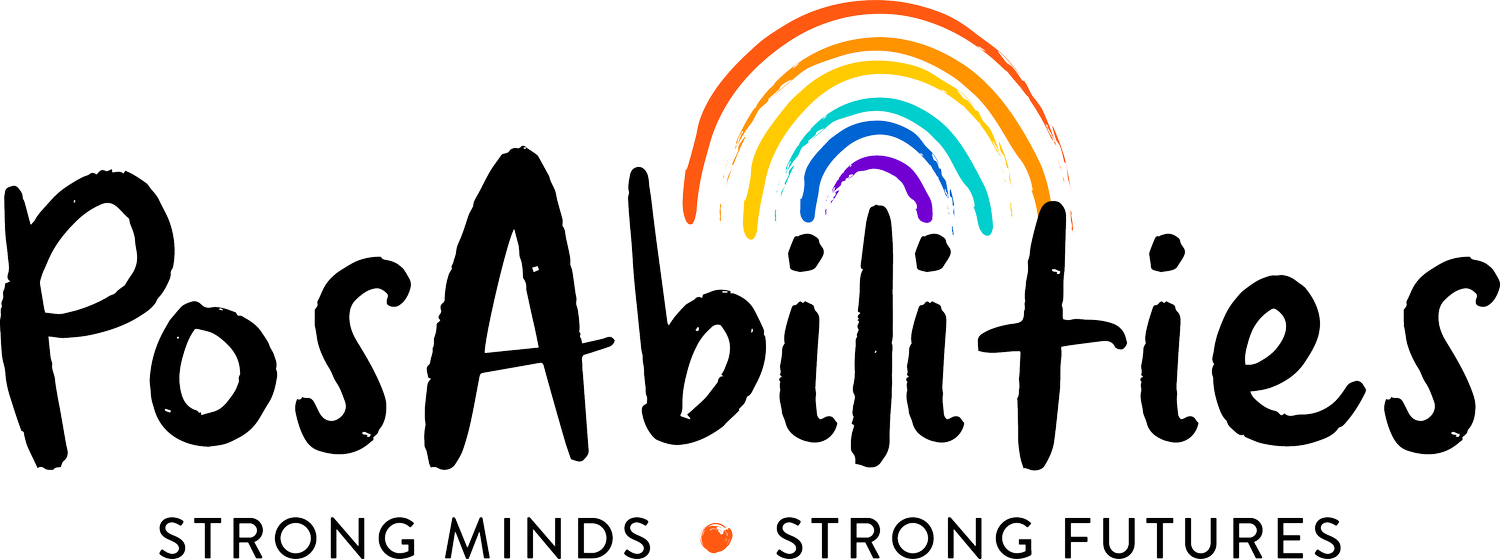“I just want my child to be happy!”
When asked “what aspirations do you have for your child?” 99% of parents would say “I just want my child to be happy.” It’s what we all want for our kids. We don’t care what they choose to do, we just want them to be happy, living a fulfilled life. And yet ‘Happiness’ is not a subject taught at school.
So, can you actually ‘teach’ happiness?
Yes, you absolutely CAN and we absolutely SHOULD. This is even more important for our neurodiverse young people, because often the nuances of navigating life, can be very challenging.
Happiness is already taught around the world through the Science of Positive Psychology.
To explain – Psychology is the study of helping people manage and recover from mental illness. Positive Psychology is the study of helping people maintain and enhance mental wellness. And there is a mountain of research to show us why maintaining our wellbeing is so good for u;s and the elements of how to be happy, therefore preventing us falling into mental illness.
Research tells us that there are elements that we need in order to maintain our mental wellness. They include:
Positive emotions – ensuring that we have more positive emotions than negative ones. Acknowledging the negative feelings and then moving onto positive ones. Actively seeking those jolts of joy each day.
Engagement – engaging in things that inspire and motivate you. Finding those opportunities to fill your cup with activities that give you pure joy. Knowing your strengths and using them in effective ways that will help overcome challenges.
Relationships – surrounding yourself with positive people that lift you up, don’t drag you down. Considering the communication with others. How we talk about issues. Do we lift people up or drag them down with the words we use?
Meaning and Purpose – finding your purpose or meaning in life and getting involved. Finding activities that make your heart beat and put a spring in your step. Find them and get involved.
Accomplishment – take joy in your achievements in whatever it might be. Take the time to acknowledge and celebrate your accomplishments and those of others. Getting out of our comfort zone and trying something new and then celebrating our success.
Health – look after your health through good food, exercise and sleep patterns.
Commonly referred to as PERMAH, this is the model that will help us find happiness and a fulfilling, meaningful life.
At PosAbilities we actively teach our young neurodiverse community how to be happy through the PERMAH model. The language that we use consolidate that learning; and our approach to all we do is based on being explicit about our wellbeing.
The 10 Steps to Happiness program is based on the positive psychology research and the PERMAH model.
H – Health
A – Accomplishment & Appreciation
P – Purpose
P – Presence
I – Interactions
N – New things
E – Emotions
S – Skills in coping
S – Setting goals
In this program we explicitly teach the why and how of happiness. It is possible for everyone, if you know how and you are prepared to work at each of the elements to support your own wellbeing. In our weekly program, we work through each of the elements in detail and provide our young neurodiverse people knowledge and life-long strategies to seek their own happiness, wellbeing and meaningful life.
If you would like to find out more about our 10 Steps to Happiness program, get in touch at admin@posabilities.com.au or 0422656765. We love sharing what we do!
You too can find your happiness. If you would like more information, check out the links below.
https://www.blackdoginstitute.org.au/wp-content/uploads/2022/06/Positive-psychology-fact-sheet.pdf
https://www.positivepsychologyinstitute.com.au/what-is-positive-psychology
https://greatergood.berkeley.edu/topic/happiness/definition
https://actionforhappiness.org/10-keys
